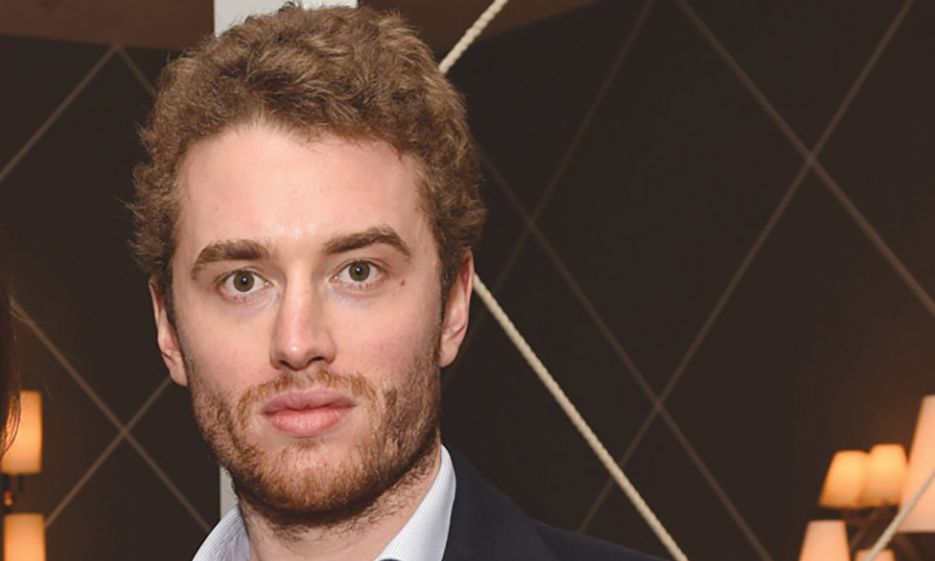Inigo Philbrick Photo by Stuart C. Wilson/Getty Images for Galerie Patrick Sequin
Inigo Philbrick, the disgraced art dealer who pleaded guilty to carrying out an $86m fraud and was sentenced to seven years in prison, has been released. His sentence of seven years (including two years already served) was handed down in May 2022, meaning that he will have served a little less than four years of his seven-year sentence.
Philbrick’s lawyer, Jeffrey Lichtman, confirmed his client’s release: “Yes, Inigo is out of prison and home with his family.” His release was previously reported by the Daily Mail, which cited a Federal Bureau of Prisons source stating that he had been released in February. According to Vanity Fair, he was released in January to home confinement and two years of supervised release. Contacted via Instagram, Philbrick declined to comment on his release or future plans.
Philbrick’s fiancée, former Made in Chelsea star Victoria Baker-Harber, celebrated his return in an Instagram post on Wednesday featuring a photo of the couple and their daughter Gaia-Grace from the aforementioned Vanity Fair article. In the accompanying caption, Baker-Harber wrote: “A long stretch, but here we are!”
Philbrick opened his own gallery in 2013 after serving as the head of secondary market sales at White Cube. He was known among collectors and speculators for having a keen eye and was known to bid on blue-chip contemporary art auctions. In 2017, his gallery reported a $130m turnover. However, in 2019 Philbrick’s reputation began to sour, and his business suffered when the market for some of his preferred artists (such as Christopher Wool and Rudolf Stingel) began to cool. To keep up appearances and maintain his lifestyle, the art dealer misrepresented the ownership of certain works for his benefit, sold shares of works to multiple investors for totals that exceeded 100%, used some of those works to secure loans for himself and forged consignment documents.
In late 2019, after collectors and speculators started to suspect Philbrick of doing dirty business, civil lawsuits for fraud began to pile up. In October of that year, he defaulted on a $14m loan and just before the multiple lawsuits against him became public, he fled the US for the Pacific island of Vanuatu. He was arrested in June 2020 after Vanuatu authorities expelled him at the request of the US embassy in Papua New Guinea. He was indicted by a New York grand jury one month later. In November 2021 he pleaded guilty to federal wire fraud charges, telling a Manhattan judge that he had done it “for the money”. Though he faced a sentence of up to 20 years in prison, he was sentenced the following March to seven years.
Last September, Philbrick’s business partner Robert Newland was sentenced to one year and eight months in prison by a New York district court judge after pleading guilty to one count of conspiracy to commit wire fraud.
Philbrick’s fraud, disappearance and subsequent arrest in a remote tropical locale were the talk of the art industry in 2020 and 2021. To many, his case illustrated in sensational terms the the risks of a market where seven- and eight-figure transactions can be conducted with little to no paper trail, and sellers’ and buyers’ identities can easily be kept secret from authorities and each other.

